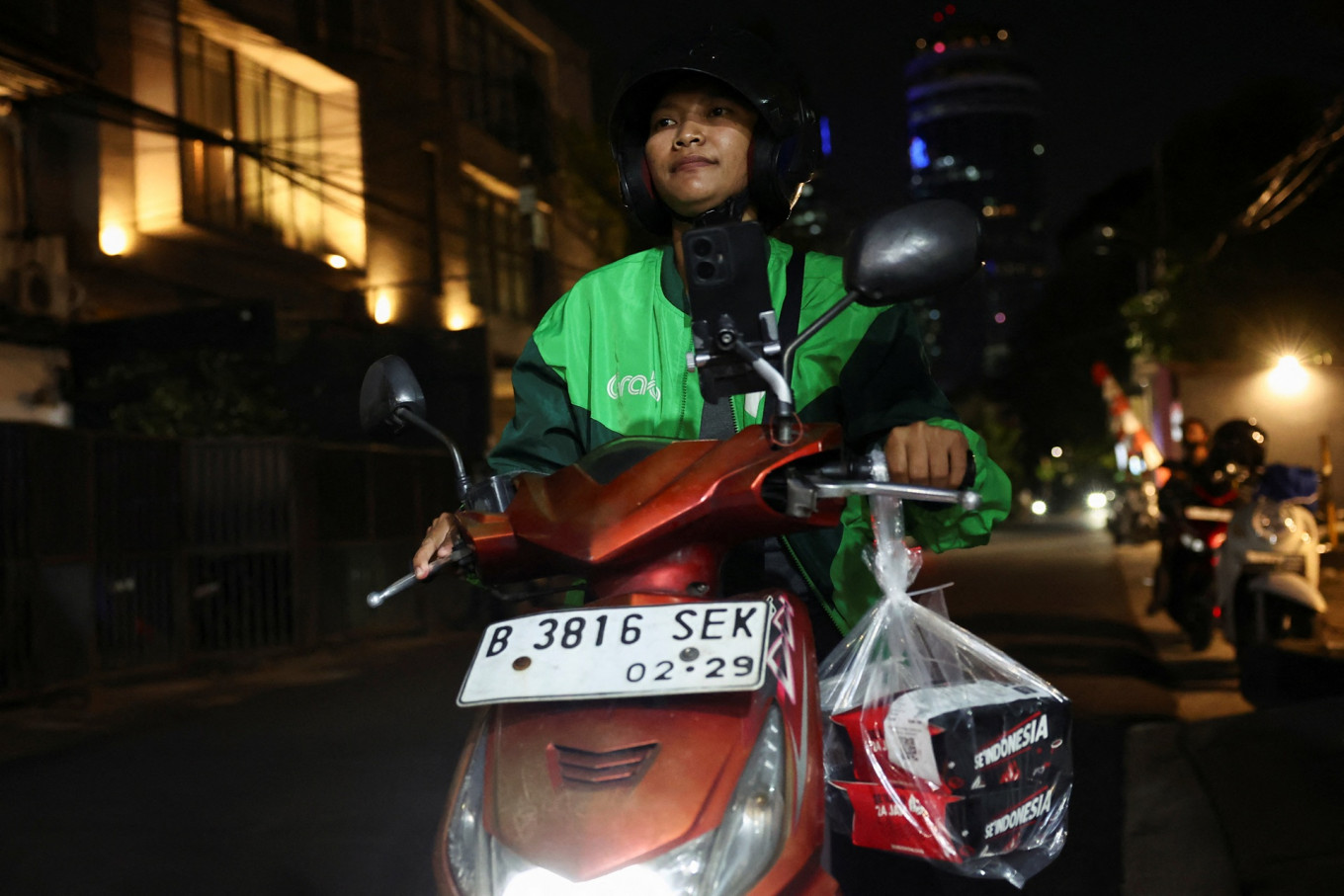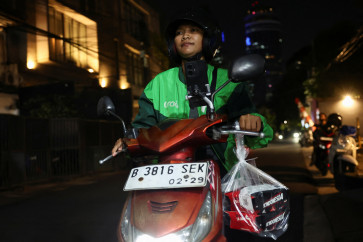Popular Reads
Top Results
Can't find what you're looking for?
View all search resultsPopular Reads
Top Results
Can't find what you're looking for?
View all search resultsAffan’s tragedy reveals that millions of young Indonesians remain expendable
Development plans like the Long-term National Development Plan (RJPN) 2025-2045 often frame young people as economic and state instruments, valued for future productivity and conformity to state-approved personas.
Change text size
Gift Premium Articles
to Anyone
T
he late Affan Kurniawan, 21, an ojol (online motorcycle transportation) driver, embodied the precarious tightrope many Gen-Z face. Unable to afford vocational schooling, he became the family’s main breadwinner, navigating gig work, unpredictable income, long hours and little in the way of a safety net. His life ended when he was run over by a police armored vehicle during a tense demonstration.
He was not an activist, only a worker trying to make a living, caught in the crossfire of state power and pemuda (youth) vulnerability.
Many others killed in the riots or arrested by police were also young, underscoring the precarity of this generation as both victims and targets of state response. Their disrupted lives revealed a stark reality: Indonesia’s pemuda are often left without protection, recognition or agency.
Yet young Indonesians, despite their vulnerability, are central to Indonesia’s future. Their fragility does not diminish their significance, it makes their role in shaping the nation’s path more urgent.
The millennial and Gen Z generations are projected to make up nearly two-thirds of the 2029 electorate. They are no longer just the future, they are the political present. Their votes will determine not only electoral outcomes but also the nation’s trajectory.
By 2045, millennials will be in their 60s and Gen Z in their 30s, and with a population of around 145 million they will form the backbone of Indonesia’s workforce, society and leadership. Numbers alone, however, do not guarantee security or inclusion.
Like Affan, many remain underserved, underrepresented and fragmented. Without action, the demographic bonus could turn into demographic decay marked by inequality, disillusionment and civic disengagement.



















